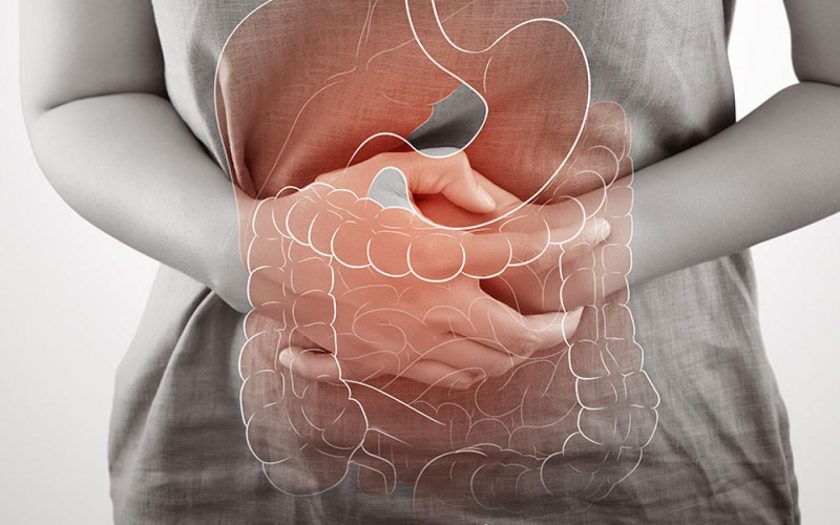-
Compose your diet with healthy foods.
Review your usual diet and eliminate dishes and products that contain animal fats, processed food, fast food, strong tea, coffee, carbonated drinks, smoked food (which contain carcinogens formed during the smoking process) and products with high levels of chemical preservatives. These products negatively affect the preservation of gut microflora.
It is beneficial to add fresh vegetables and fruit containing plant fiber to your diet. This substance helps digest and absorb beneficial food, prevents the absorption of harmful lipids and toxins by the intestines and normalizes the functioning of the gastrointestinal tract. Fiber is abundant in cereals and legumes, apples, fresh greens, cabbage, avocados and whole-grain bread. Your diet should be varied and meet the body’s needs for vitamins and minerals. It is also recommended consuming fermented dairy products (such as ayran, kefir, cheese, sour cream, acidophilus, etc.), which enhance the liver’s detoxifying ability, inhibit putrefactive processes in the intestines and improve bowel motility.
-
Avoid harmful habits.
Scientific research worldwide has proven the negative impact of smoking on digestive organs. This detrimental habit can lead to stomach cancer, duodenal cancer and peptic ulcer disease. Tobacco smoke contains many chemical compounds that promote the proliferation of cancer cells. Systematic alcohol consumption also contributes to the inflammatory bowel diseases. People who regularly consume alcoholic beverages often suffer from gastritis, duodenal ulcers, liver diseases and Crohn’s disease. Preventing these diseases and cancer involve abandoning harmful habits, adopting a healthy lifestyle and overall body wellness.
-
Do regular check-ups.
Undergo annual medical check-ups to prevent diseases development or complications if a disease is detected. If a doctor diagnoses Crohn’s disease or ulcerative colitis, it is important take medications (for example Salazopyrin EN, Asacol) that reduce inflammation in the intestines.
-
Treat your teeth in a timely manner.
Dental and oral diseases complicate the process of chewing food; large pieces of food are harder to digest, which leads to disruptions in stomach function. Inflammatory dental diseases such as pulpitis, gingivitis and periodontitis are accompanied by the formation of purulent masses. Decomposition products, along with saliva, enter the stomach, causing intoxication and irritation of the digestive organs. Poor oral hygiene promotes the active proliferation of pathogenic microorganisms, negatively affecting gut microbiota, causing dysbiosis, candidiasis and increasing stomach acidity. Often, during dental pain, people abuse painkillers that damage the lining of the duodenum, potentially leading to ulcer disease.
-
Take care of your nervous system health.
Frequent stress and nervous system disorders affect the secretion of corticosteroid hormones necessary for producing stomach mucus. This leads to the destruction of stomach walls, impaired oxygenation of tissues and slowed secretion of digestive enzymes. As a result, stress ulcers can form in the stomach or Crohn’s disease may develop.

